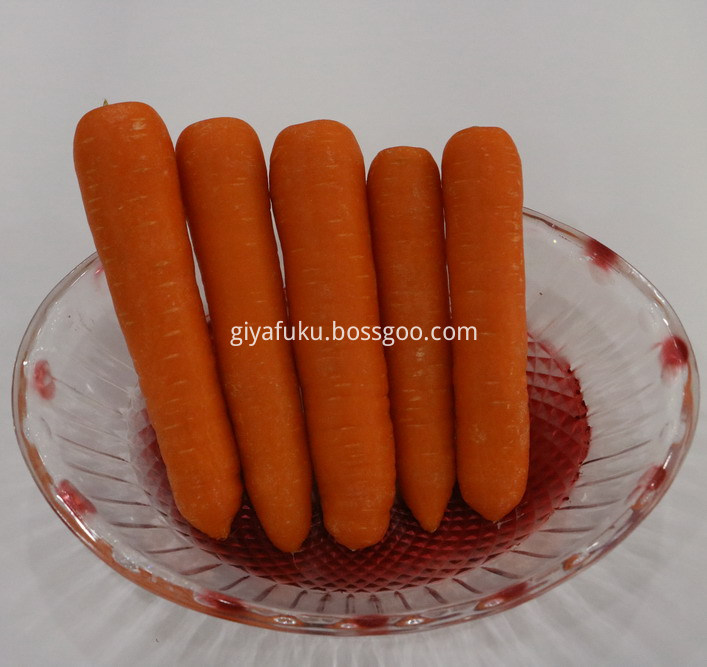Expert: There is no difference between the edible oil leaching method and the pressing method.
The production process of edible oil has been receiving much attention, and it is controversial as to which way is better. At the recent annual meeting of the China National Cereals and Oils Association Oil and Fats Branch, Wang Ruiyuan, president of the China National Cereals and Oils Association, said that whether it is leaching oil or pressing oil, as long as it meets China's edible oil quality standards and sanitary standards, it is a high-quality safe edible oil. Consumers can safely eat.
Edible oil seems to have its own "right and wrong" attribute, and there is a lot of debate about the transgenic non-GMO. The side of the box is still more healthy and popular. At the recent annual meeting of the China National Cereals and Oils Association Oil and Fats Branch, many experts issued clarifications on the rumors of “oil processing and nutritionâ€.
The reporter learned that some guests had thrown out "the theory of leaching oil inferior quality" in the TV program, and that the leaching process oil contained chemical residues, which was inferior to the pressing method.
Wang Ruiyuan, president of the China National Cereals and Oils Association's Oil and Fats Branch, said that there are generally two methods for the preparation of edible vegetable oils, the pressing method and the leaching method. The former uses mechanical pressing to extract oil from the oil, and the latter uses the extraction principle of food engineering to extract oil from the oil with a food grade solvent. "Whether it is leaching oil or pressing oil, as long as it meets the quality standards and sanitary standards of China's edible oil, it is a high-quality and safe edible oil, and consumers can safely eat it."
Experts say that the current international practice is: vegetable oils with high oil content (such as peanuts and rapeseed), usually using the process of first squeezing and leaching; vegetable oils with lower oil content (such as soybeans), Oil is usually produced by a direct leaching process. In order to make full use of the oil and improve economic efficiency, the oil cake after pressing generally continues to be leached and oiled. Compared with the pressing process, the leaching process has the advantages of less residual oil, high oil yield, low processing cost, good production conditions, and full utilization of oil resources.
Blending oil is not nutritious?
No scientific basis
Jin Qingzhe, deputy head of the expert group of the China National Cereals and Oils Oils and Fats Association, also said that the refined oils obtained from the refining contain a variety of nutrients. The blending oil is prepared by scientifically formulating two or more oils. There is no scientific basis for saying that "harmonized oil is not good" and "no nutrition".
In the discussion on "GMO oil", the experts also explained: "Transgenic oil" is taken as an example. Because the genetically modified ingredients in the oil are based on protein and do not combine with fat, they are produced with genetically modified oil. There are no genetically modified ingredients in the oil. Edible oils produced from genetically modified oils are safe and can be safely consumed by consumers.
Our factory is the Fresh Carrot manufacturer since 2003,mainly export to Middle East,Southeast Asia,Korea and Japan market, currently our annual carrot export value for Japan have been up the first in China,the annual production capacity is up to 20000 MT, and we have got the GAP certification for years.
Fresh Carrot
Fresh Carrot,Carrot Vegetable,Sweet Fresh Carrot,Raw Carrots
Anqiu Giyafuku Foods Co.,Ltd , http://www.giyafuku.com